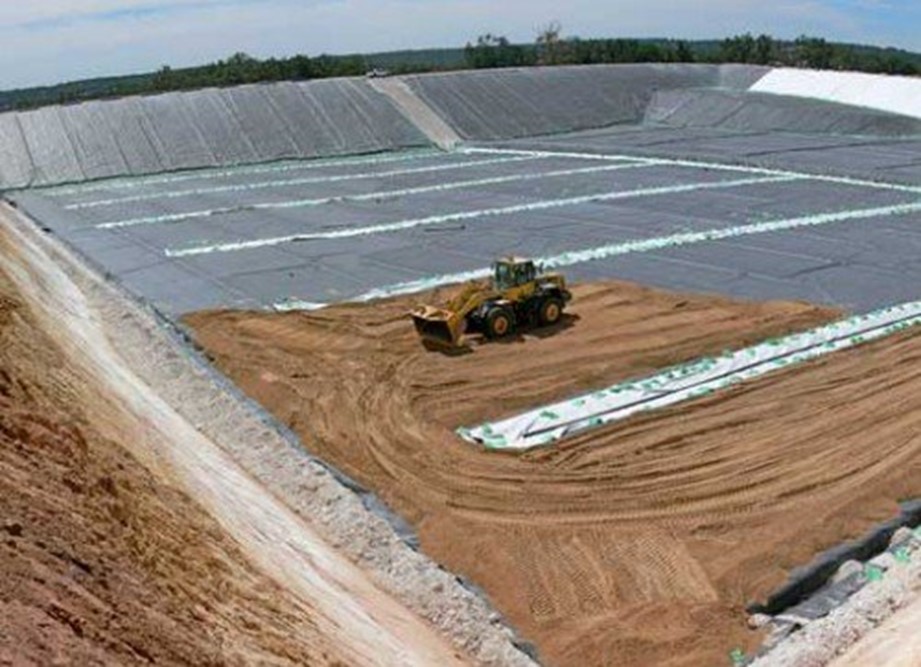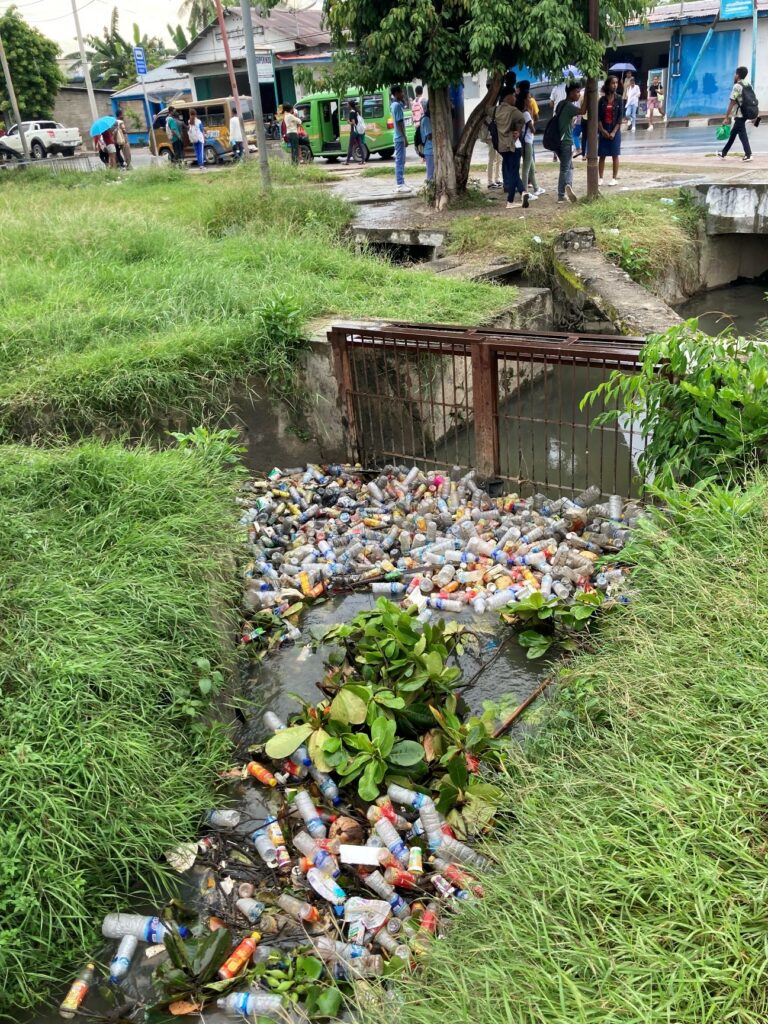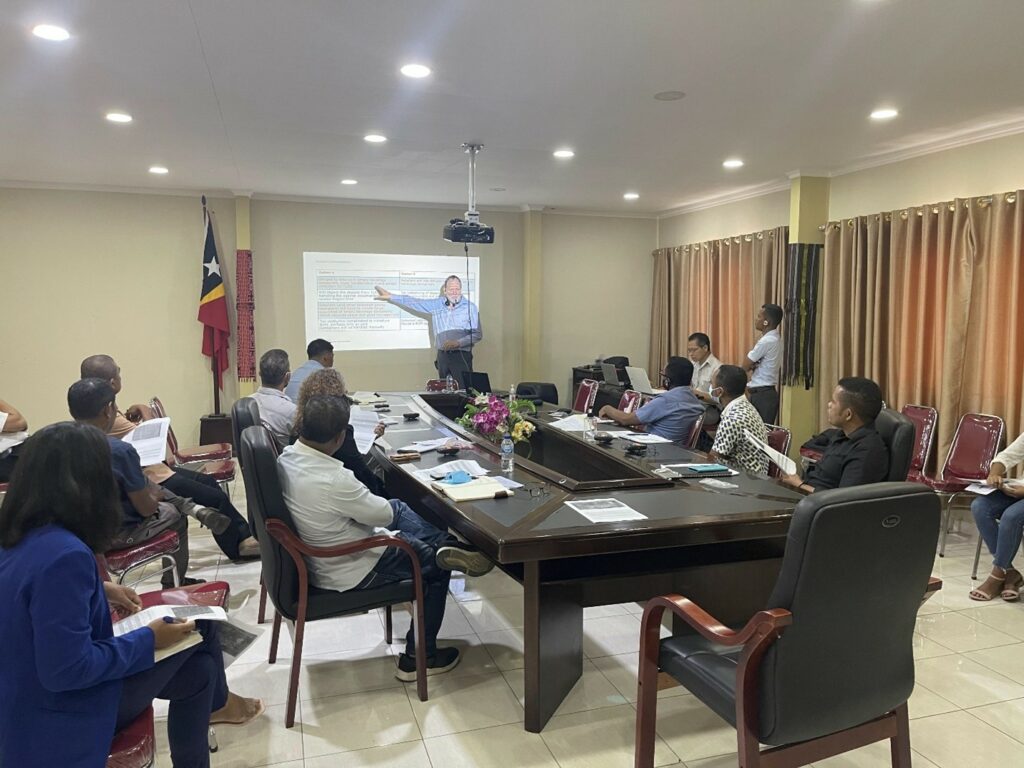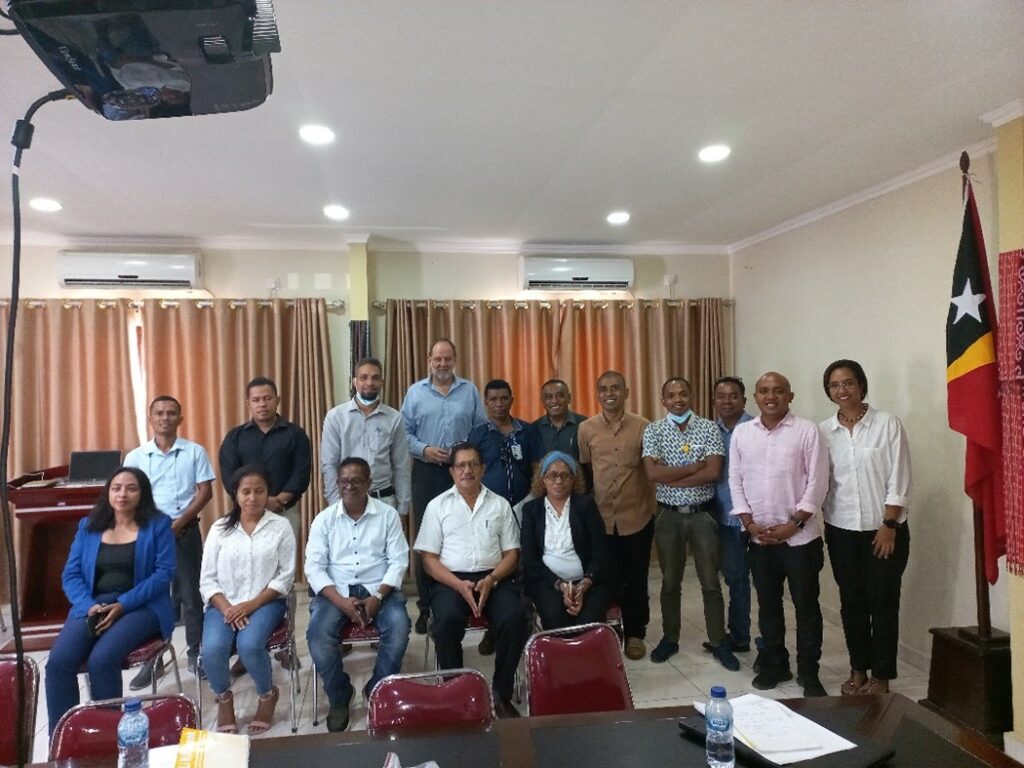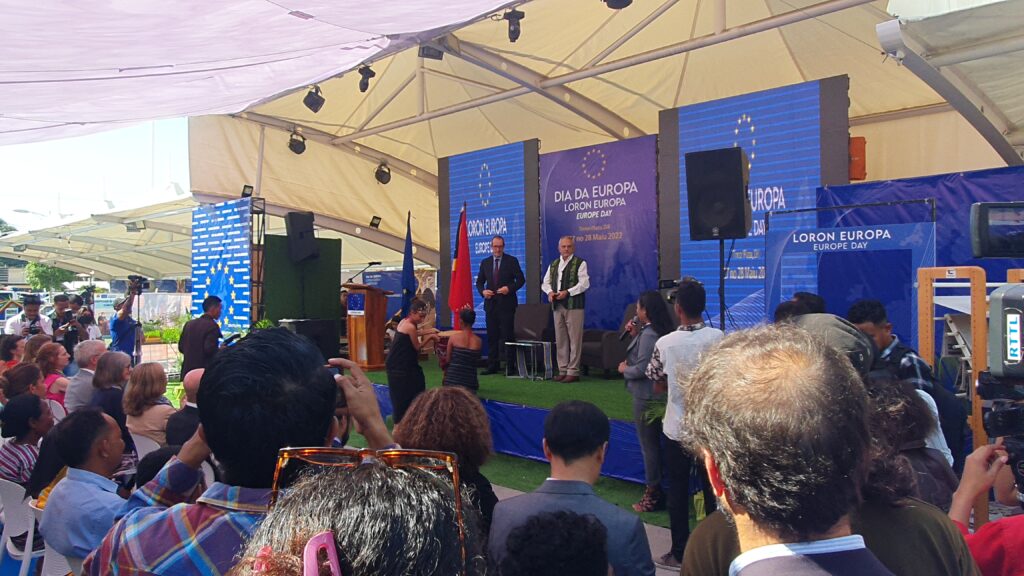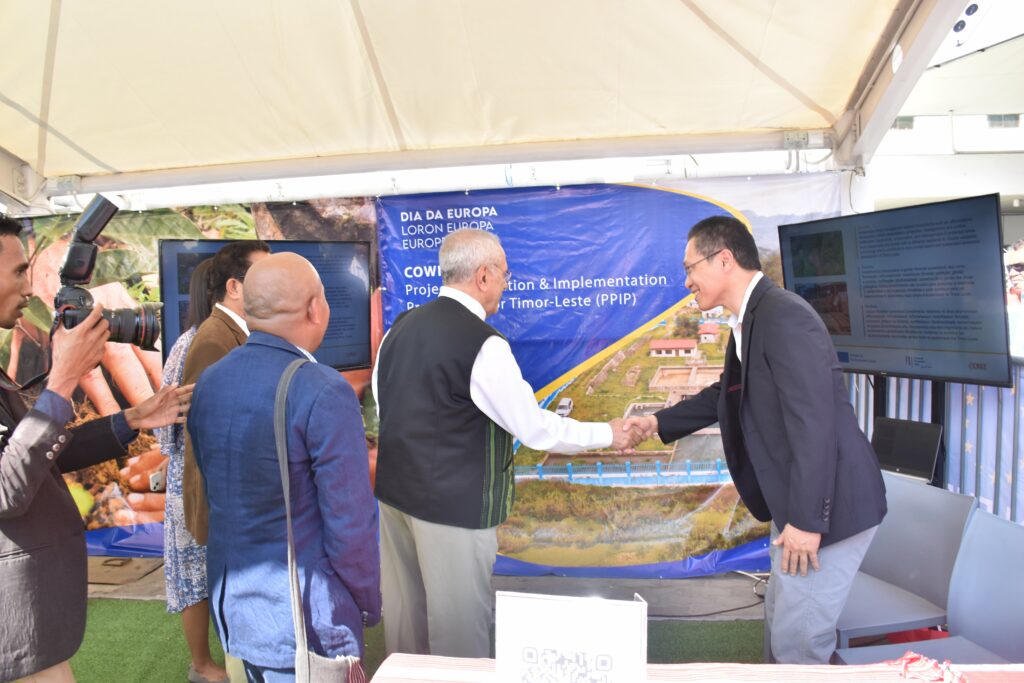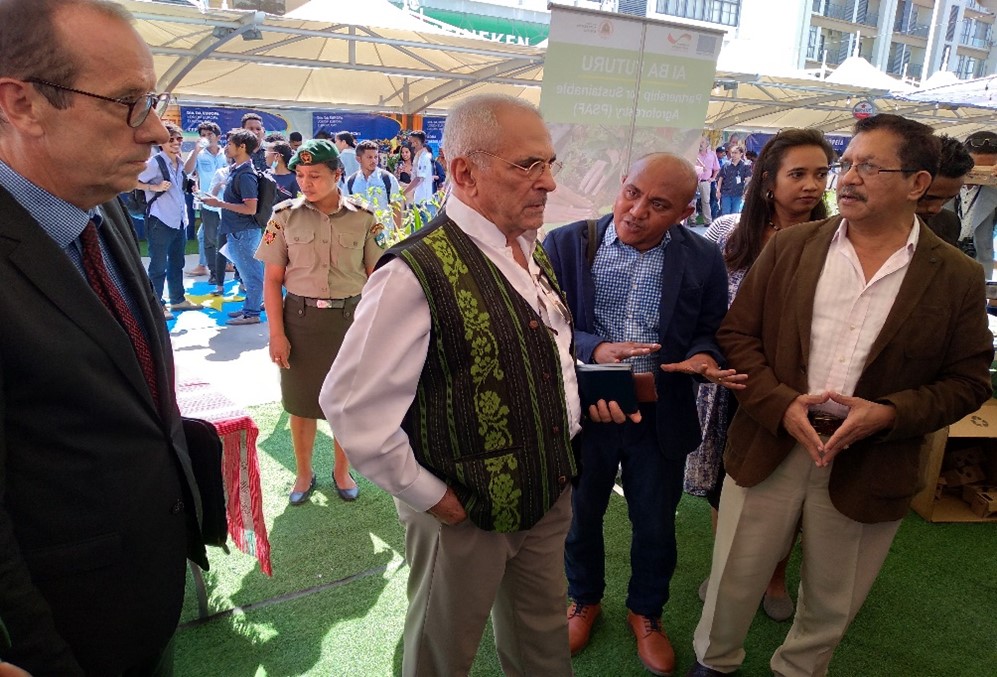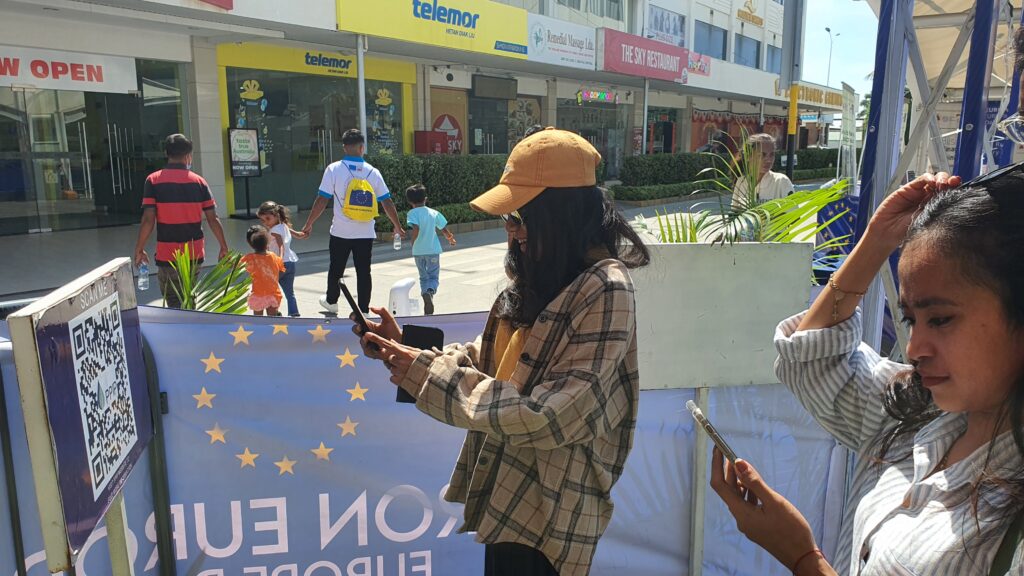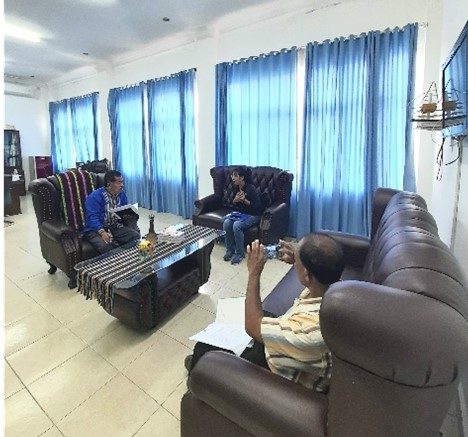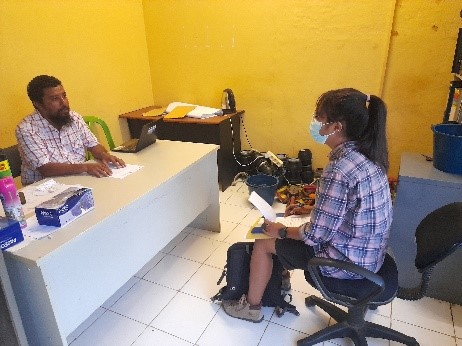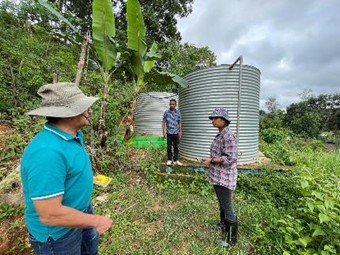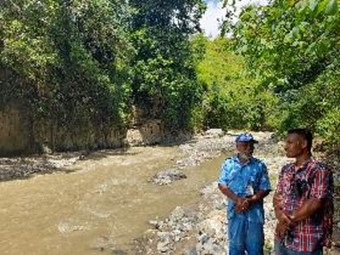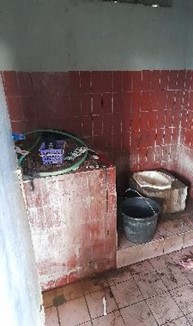17th August 2022: Today, the Third Project Steering Committee (PSC) meeting of the European Union (EU) funded and European Investment Bank (EIB) managed Project Preparation and Implementation Programme (PPIP)[1] was held at the Ministry of Planning and Territory.
The meeting was opened by His Excellency the Vice Prime Minister and Minister of Planning and Territory, Eng Jose Maria dos Reis who mentioned the following “The Ministry of Planning and Territory’s main role is to facilitate TL-PPIP team, relevant ministries and other key stakeholders to achieve a productive progress of the project. A decision was made during the second PSC meeting last February, where COWI Consultant should proceed to the pre-feasibility study phase with the provided and approved project fiches. In this 3rd PSC Meeting, we will discuss the studies encompassing all 3 sectors currently under development by COWI consultant throughout the pre-feasibility stage, and we shall come up with solutions and decisions.”
The Representative of the European Union to Timor-Leste, Head of Cooperation, Mr Ramon Reigada, mentioned that “the Government of Timor-Leste is working very hard with various big projects, such as the MCC project, ADB and WB projects, but I believe there is a place and scope for the European Investment Bank to invest in this country. EIB is a public institution, but unlike ADB and WB, the EIB, as the Bank of the European Union, has a different picture and approach. The EU delegation is looking forward to the result of this meeting.”
Mr Michael Jacobsen, COWI Project Director, provided a summary of the PPIP activities on the three sectors (namely Water, Forestry and Solid waste) as well as the expected outcomes from the Third project Steering Committee meeting. He introduced Mr Chris Manu as TL-PPIP’s new Team Leader, who will permanently reside in Dili, and Mr Jörg Albrecht as the new Forestry Key Expert.
The EIB Representative for the Pacific, Mr Benoit Cambier, commented that “I am pleased to be able to visit Timor-Leste and represent the European Investment Bank at the Third PSC meeting. The EIB has just opened an office in the Pacific this year and is now based in the region. I am happy to witness the progress since the second Project Steering Committee meeting in February 2022, when the committee selected six fiches for the Pre-feasibility Study. However, some issues need to be addressed, including the need for an alignment of the scope, timing, the processes and various initiatives in the three sectors, to look for synergies and complementarities and avoid overlaps of work. The EIB, the European Union’s bank, is one of the main instruments for cooperation and development when it comes to investment. Jointly with the EU, the EIB is looking forward to supporting the government of Timor-Leste in co-financing and implementing the future investment projects that the PIPP will deliver. Without any doubts, those projects will contribute to the development of the nation and the well-being of its citizens.”
Participants in the third PSC meeting
The Third PSC meeting welcomed the presence of Mr Benoit Cambier, Representative for the Pacific, European Investment Bank (EIB), for his first visit to Timor-Leste. This meeting was joined by Mr Michael Jacobsen, COWI Project Director and the PPIP Team Leader, Mr Chris Manu. The meeting was chaired by H.E., the Vice Prime Minister and Minister of Planning and Territory, Eng Jose Maria dos Reis. The meeting was attended by H.E. Mr José Maria dos Reis, Vice Prime Minister and Minister of Ministry of Planning and Territory; H.E. Mr Joaquim Amaral, Coordinating Minister of Economic Affairs; H.E. Mr Miguel Pereira de Carvalho, Minister of State Administration; H.E. Mr Rui Gomes, Minister of Finance; H.E. Dr Abilio Xavier de Araujo, Vice Minister of Agriculture and Fisheries; H.E. Mr Abel Pires da Silva, Minister of Public Works; Mr Ramon Reigada, Head of Cooperation, EUD to Timor-Leste; Mr Benoit Cambier, Representative for the Pacific, EIB; as well as other representatives from the Government of Timor-Leste, the EIB, the EU, and the PPIP Consultant COWI.
[1] The Project Preparation and Implementation Programme for Timor-Leste is an EIB executed technical assistance operation which is financed from the European Development Fund, under the Investment Facility for the Pacific (IFP) and under the Cotonou Agreement.
Photos from the 3rd PSC Meeting held 17th August 2022.



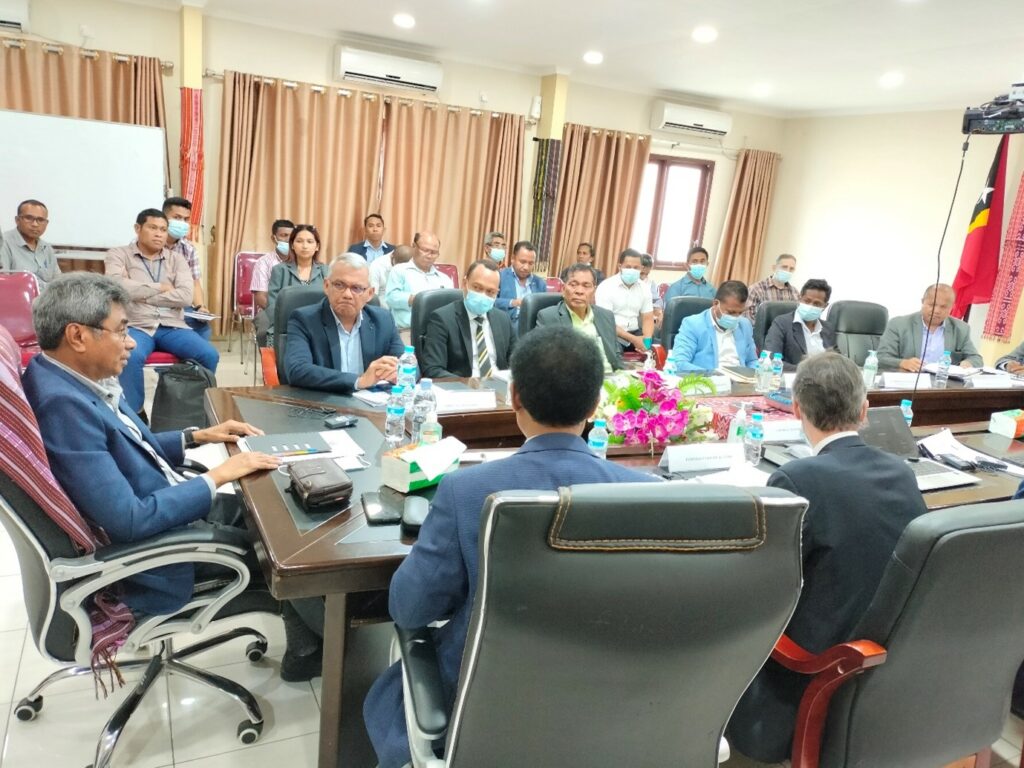
About the PPIP
The PPIP is an EU-funded and EIB-managed project to assist the Government of Timor-Leste in the identification, preparation and implementation of technically, financially, economically, environmentally, and socially sound investment projects in three sectors of Water Supply, Sanitation and Drainage; Solid Waste Management and Forestry. PPIP will identify potential fiches in the three sectors, conduct prefeasibility studies for six projects (two per sector) and then complete three feasibility studies (one per sector). At the end of the feasibility studies, it is envisaged that the Government of Timor-Leste will take out loans from EIB to fund the three investment projects.
About the project Steering Committee of the PPI Programme
The Ministry of Planning and Territory chairs the Project Steering Committee of the PPIP. The Government of Timor-Leste is also represented in the PSC by the Ministry of Foreign Affairs and Cooperation, the Ministry of Finance, the Ministry of State Administration, the Ministry of Public Works, Bee Timor-Leste, and the Ministry of Agriculture and Fisheries.
About the European Union
The European Union (EU) is a unique economic and political union between 27 European countries that cover much of the continent together. The predecessor of the EU – The European Coal and Steel Community – was created in the aftermath of the Second World War and was built on the understanding that countries that trade with one another become economically interdependent and, therefore, more likely to avoid conflict. In Timor-Leste, the EU is the second largest donor of development aid (grant funding). The EU is committed to supporting Timor-Leste’s 2011-2030 Strategic Development plan, which aims to transform Timor-Leste into an upper-middle-income country by 2030 based on rapid, inclusive growth enabling it to improve infrastructure, worker skills, education, training and health systems, and combat poverty and malnutrition. The EU assistance focuses on green and sustainable economic recovery and development, rural development, good governance for sustainable development and gender equality.
About the European Investment Bank
The European Investment Bank (EIB) is the long-term lending institution of the European Union owned by its Member States. It makes long-term finance available for sound investment in order to contribute towards EU policy goals. Financing projects that help strengthen the economic, social and territorial cohesion of the European Union has been at the heart of EIB operations since its foundation in 1958.
EIB Global is the EIB Group’s new specialised arm dedicated to increasing the impact of international partnerships and development finance. EIB Global is designed to foster strong, focused partnership within Team Europe, alongside fellow development finance institutions and civil society. EIB Global brings the Group closer to local people, companies and institutions through its offices around the world, including in the Pacific.
For more information, please contact:
Mr Chris Manu, PPIP Team Leader



